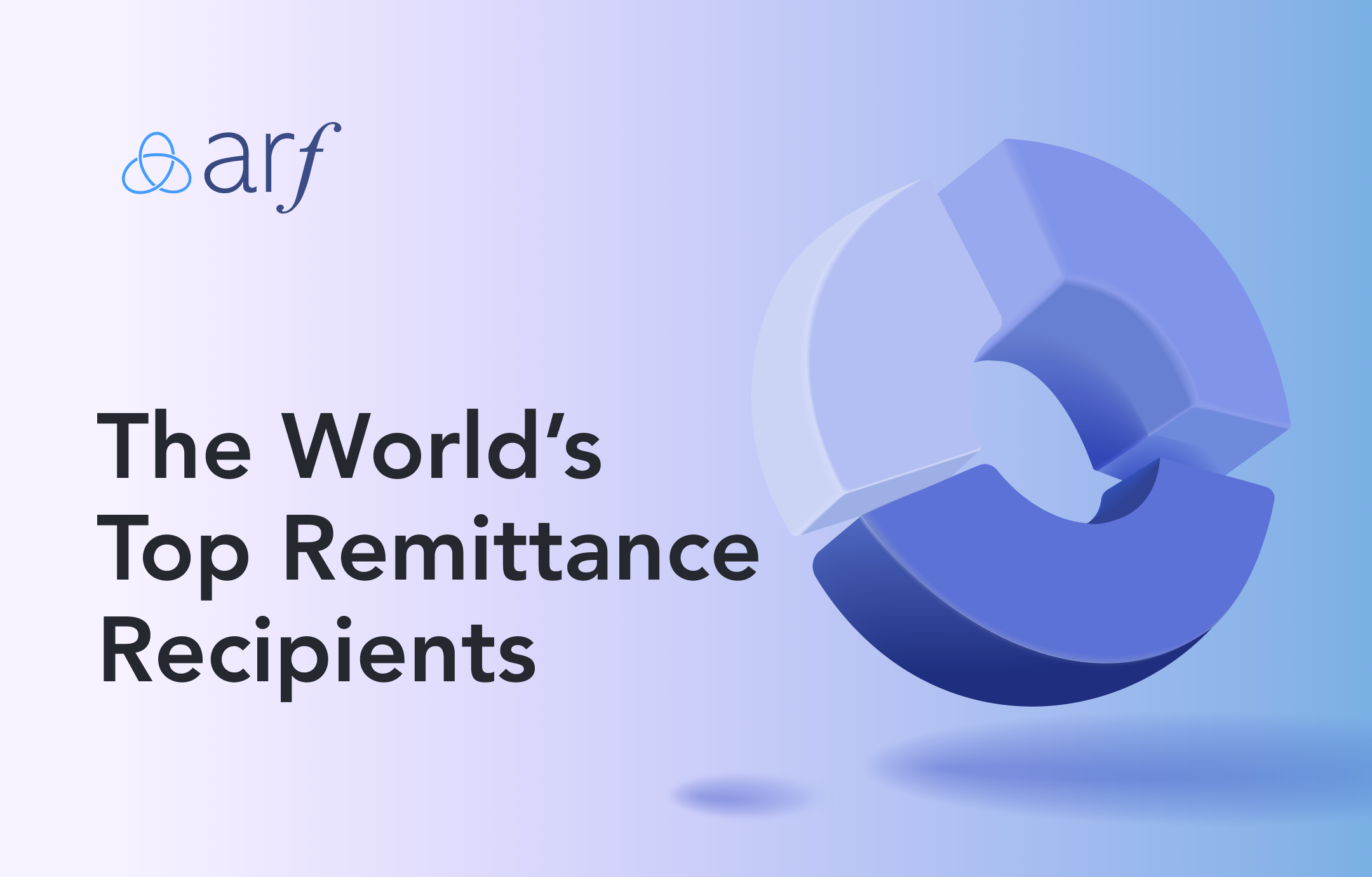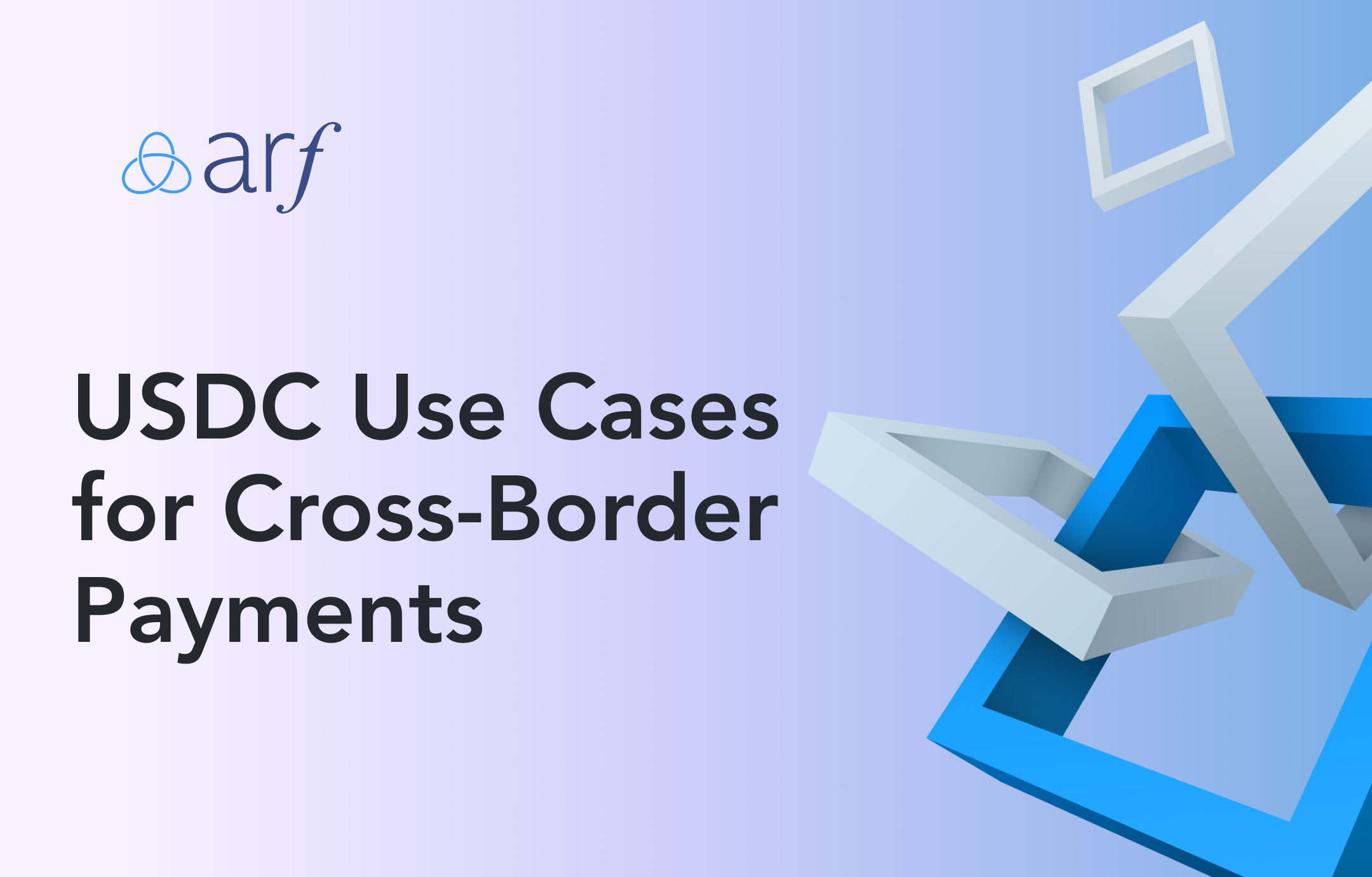Remittance service providers (RSPs) play a crucial role in the global financial system by helping migrants in the world to send money back home. Considering that remittances are the primary source of income for many emerging markets, RSPs’ vital importance for much-needed financial stability is undeniable. However, despite carrying a crucial responsibility on their shoulders, RSPs constantly face the danger of being “de-risked” by banks. The problem is decades-long, industry-wide, and still could not be effectively addressed.
De-risking refers to the practice of financial institutions terminating or restricting business relationships with certain clients to avoid, rather than manage, risk.[1] The global practice of de-risking has been increasing in recent years, putting the remittance companies at risk of losing access to the global financial system.[2]
To grasp the reason behind, understanding commercial banks’ point of view is essential. One of the main reasons for banks’ de-risking is that it is becoming increasingly difficult to meet the requirements of the laws and regulations regarding anti-money laundering (AML) and know-your-client (KYC). The recipient at the end of the money transfer chain may not always be effectively identified. Also, most RSPs’ back-office operations, which are mostly manual, may not comply with standards of transparency and control.[3] As a result, to eliminate the risk of financing crime while meeting the requirements, most banks are retiring from participating in remittance services; and maintaining an effective payment system has become increasingly challenging.
In a survey conducted by The International Association of Money Transfer Network (IAMTN) and the United Nations Capital Development Fund (UNCDF) at the beginning of the Covid-19 period, more than 9 out of 10 RSPs stated that they had experienced changes in remittance volumes, while the majority (69%) noted a sudden decrease. The initial projection of the World Bank was a drop in remittance flows by about 20 percent in 2020.[4] However, despite the initial decline in remittances, officially recorded flows only declined by 1.6% below 2019 and remained at $540 billion at the end of the year.
The growth of the gig economy, the increase of remote workers and ‘global citizens’, and many other factors can explain the resilience of remittance flows. It shows us that whether de-risking practices continue or not, the demand for remittances will keep remaining high, and the critical role RSPs play will only increase in significance.
For effective risk mitigation and financial crime prevention systems to work, individuals and businesses must remain in regulated financial systems to a certain extent. However, if the increasing trend continues, people and businesses in emerging markets could be cut off from access to regulated financial services, which would cause an incline towards transactions through informal cross-border channels.[5]
De-risking puts global financial stability, the accessibility to financial services, and the system's transparency at stake. While many countries and NGOs are already taking steps to address concerns about de-risking, it still remains a major issue to be tackled to achieve an efficient, secure, and transparent financial system.[6]
[1] https://www.state.gov/de-risking/
[2] https://www.worldbank.org/en/topic/financialsector/brief/de-risking-in-the-financial-sector
[3] https://www.abyrint.com/solving-the-global-remittances-problem/
[4] UNCDF
[5] https://www.worldbank.org/en/topic/financialsector/brief/de-risking-in-the-financial-sector
[6] https://www.gpfi.org/sites/gpfi/files/sites/default/files/2020%20Update%20to%20Leaders.pdf





